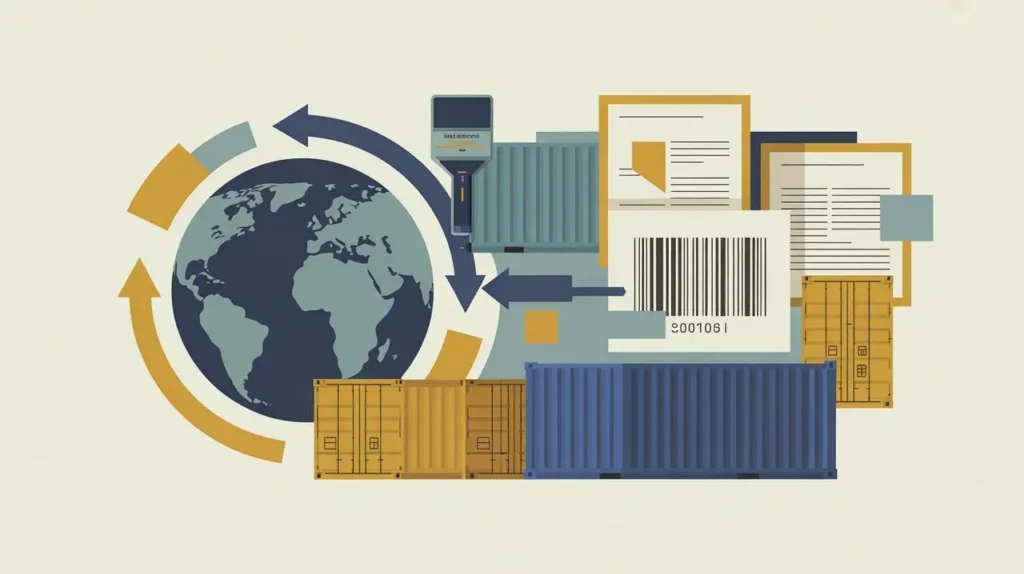Importance of Economic Development
Economic development is a core driver of improved living standards, poverty reduction, and social stability. In international development, it provides the foundation for investments in health, education, and infrastructure, while also shaping employment opportunities and income distribution. For nonprofits and social innovators, economic development matters because it influences the enabling environment in which communities can thrive and proximate actors can exercise agency. Its importance lies in creating pathways to inclusive growth that benefit not just economies but people.
Definition and Features
Economic development refers to the process of improving the economic wellbeing and quality of life of a population through sustained growth, structural transformation, and equitable distribution of resources. Its defining features include:
- Growth and Productivity: expanding GDP and improving efficiency across sectors.
- Structural Transformation: shifting from subsistence agriculture to diversified industries and services.
- Employment Creation: generating decent jobs and livelihoods.
- Equity and Inclusion: ensuring that marginalized populations benefit from economic progress.
How this Works in Practice
In practice, economic development involves a combination of public policy, private investment, and social initiatives. Governments may implement industrial policies, build infrastructure, or incentivize foreign direct investment. Development organizations support microfinance programs, entrepreneurship hubs, and workforce training. For example, a regional initiative might promote value chains that connect smallholder farmers to international markets. Barriers to equitable economic development include corruption, weak institutions, inequality, and external shocks such as climate change or financial crises.
Implications for Social Innovation
Economic development shapes the ecosystem in which social innovation can scale. It provides markets, infrastructure, and capital but also highlights gaps that innovation must address, such as unemployment, inequality, and environmental sustainability. For proximate actors, social enterprise models, community cooperatives, and inclusive finance mechanisms represent ways to harness development for local benefit. Social innovators can influence economic development by embedding equity, resilience, and sustainability into growth strategies.







